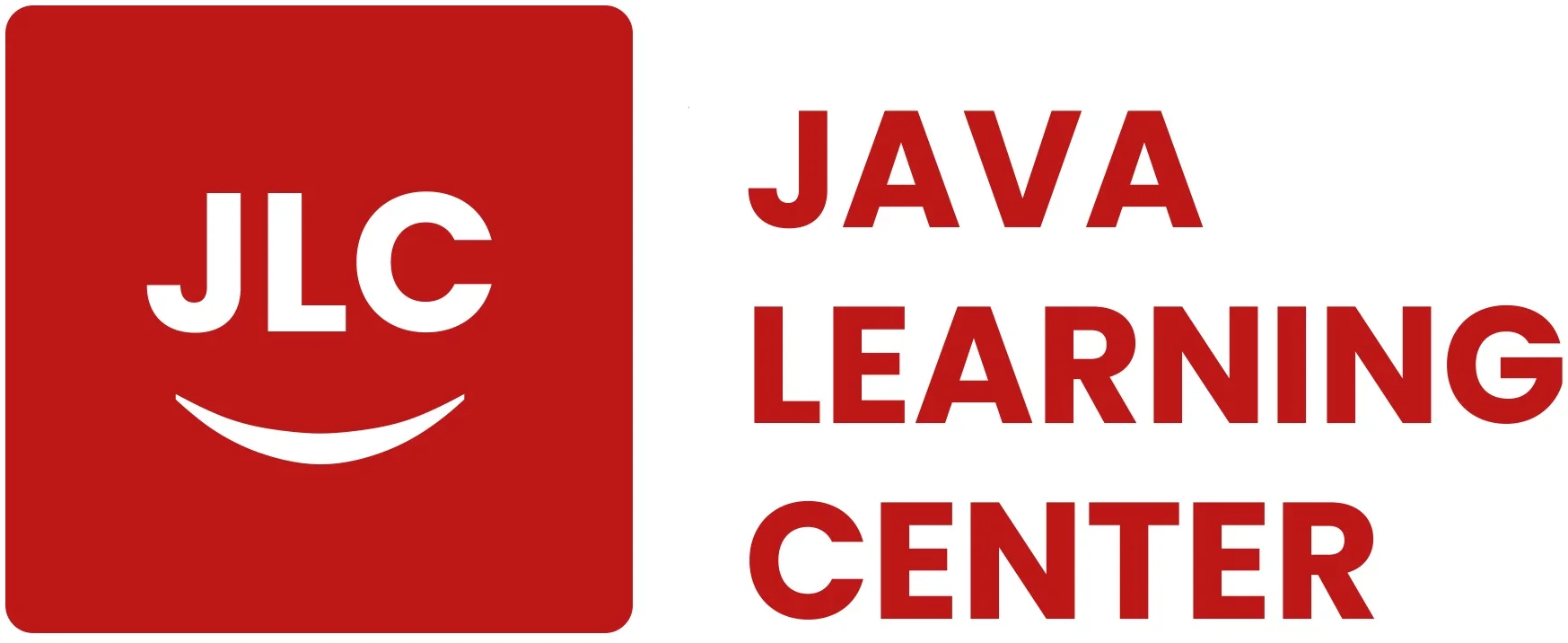Top 10 course full stack developer has to learn
Java remains one of the most powerful and versatile programming languages, and its applications in full stack development are extensive. If you’re aiming to become a Java full stack developer, here are the top 10 courses you should consider:
1. Java Fundamentals
Start with a solid foundation in Java. This course should cover core Java concepts, including object-oriented programming, data structures, and exception handling, to build a strong base for advanced topics.
2. HTML & CSS Essentials
Understanding the basics of web development is crucial. A course in HTML and CSS will help you design and structure web pages effectively, laying the groundwork for your front-end skills.
3. JavaScript for Java Developers
JavaScript is essential for front-end development. A course tailored for Java developers will help you transition smoothly, covering ES6 features, DOM manipulation, and asynchronous programming with JavaScript.
4. Front-End Frameworks: Angular or React
Choose a front-end framework to specialize in. Both Angular and React are popular choices. Courses in either will teach you how to build dynamic, responsive user interfaces and manage application state.
5. Version Control with Git
Mastering version control is essential for any developer. A course on Git will teach you how to track changes, collaborate with other developers, and manage code efficiently.
6. Spring Framework
The Spring Framework is a must-know for Java developers. Courses on Spring will cover core features like dependency injection, aspect-oriented programming, and building web applications with Spring MVC.
7. Database Management: SQL & NoSQL
Full stack developers need to know how to handle databases. Courses on SQL (for relational databases) and NoSQL (like MongoDB) will teach you how to design, query, and manage data effectively.
8. RESTful Web Services with Spring Boot
Learning to build RESTful APIs is crucial for full stack development. A course on Spring Boot will guide you through creating robust, scalable, and maintainable web services.
9. DevOps Basics for Java Developers
Understanding DevOps practices is vital for deploying and maintaining applications. Courses on CI/CD pipelines, Docker, and Kubernetes will help you automate deployment and ensure smooth operation of your applications.
10. Cloud Services: AWS or Azure
Cloud platforms like AWS and Azure provide essential services for modern applications. Courses on these platforms will teach you how to leverage cloud infrastructure, ensuring your applications are scalable and reliable.
Conclusion
Becoming a Java full stack developer requires a commitment to learning and mastering a diverse set of skills. These courses provide a comprehensive roadmap to help you build expertise in both front-end and back-end development using Java. By investing in these areas, you’ll be well-prepared to create and maintain complex web applications, making you a sought-after professional in the tech industry. Happy coding!


